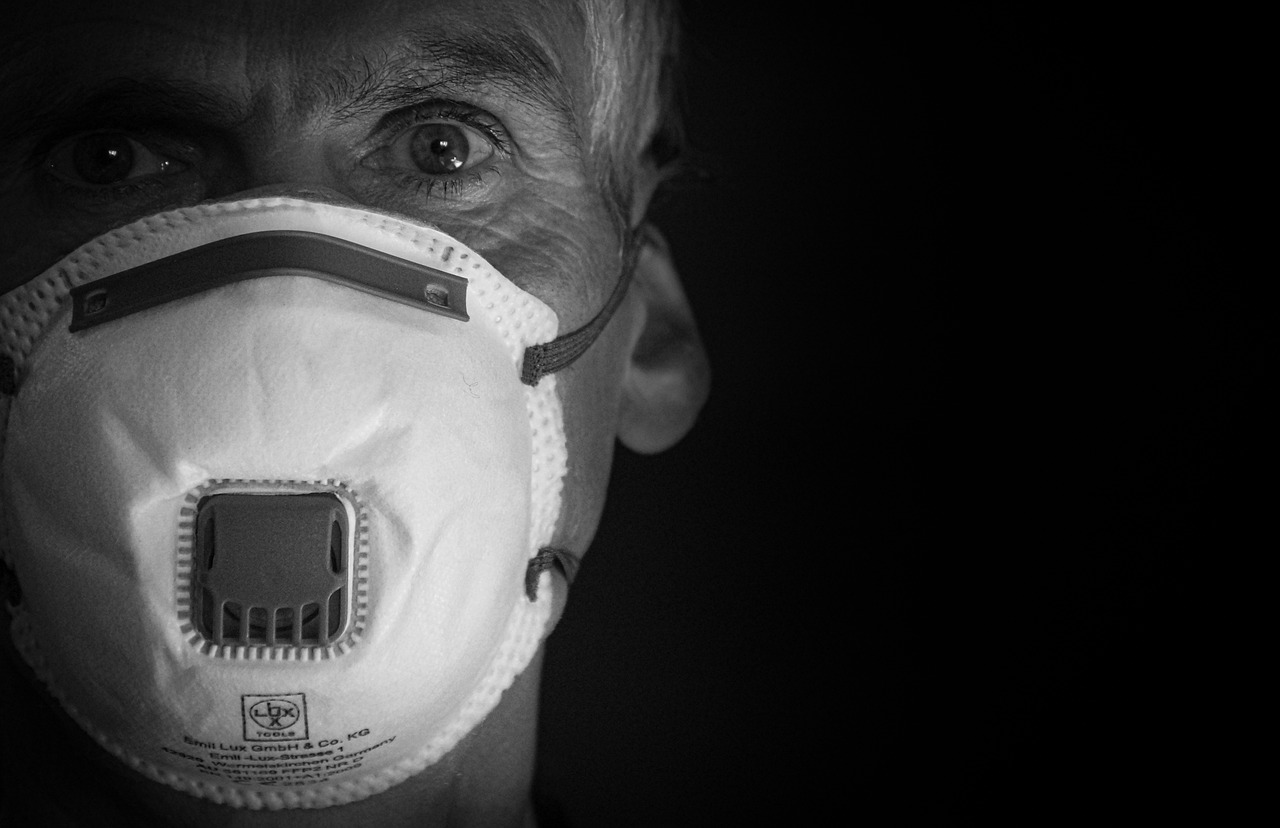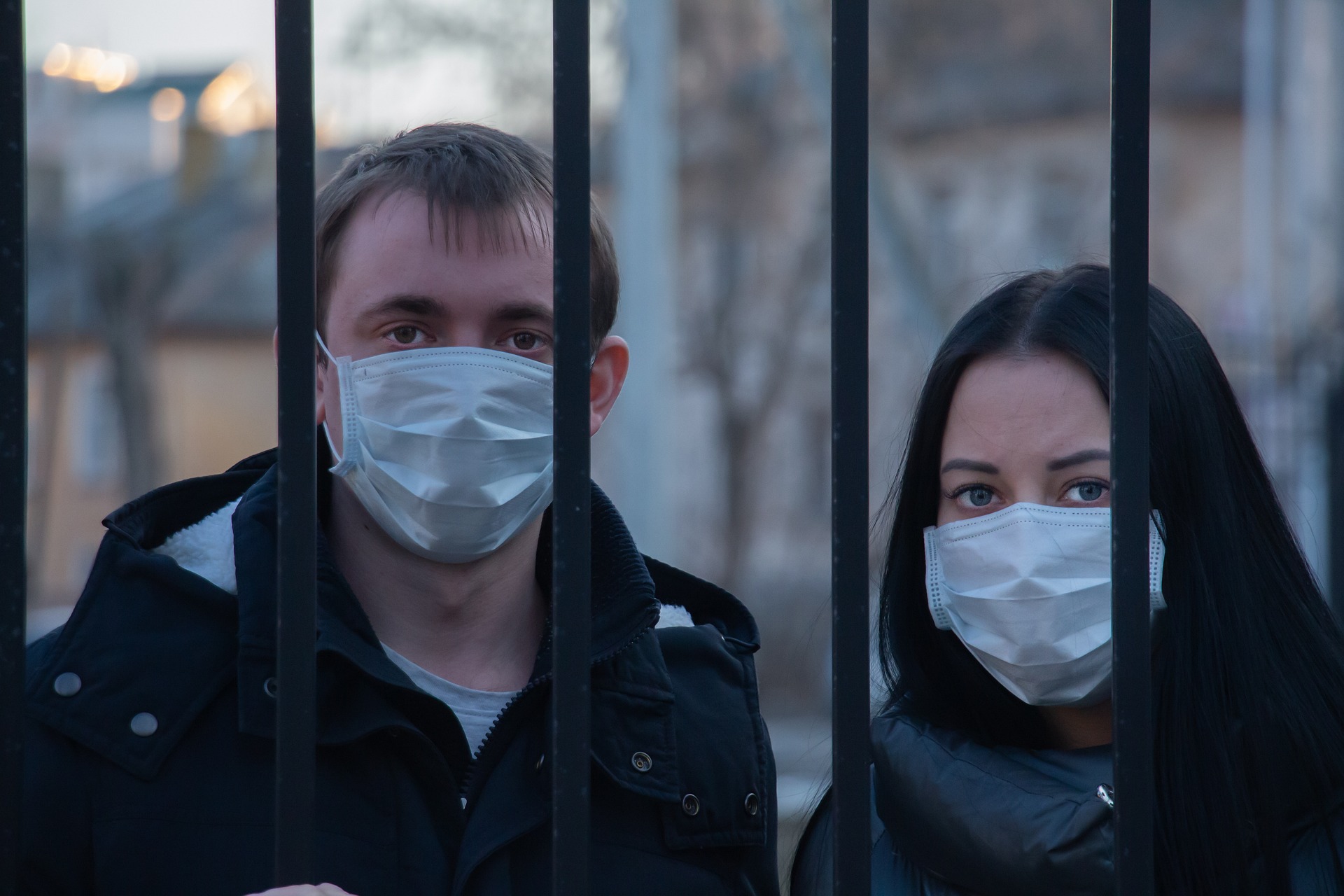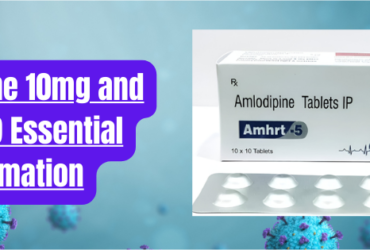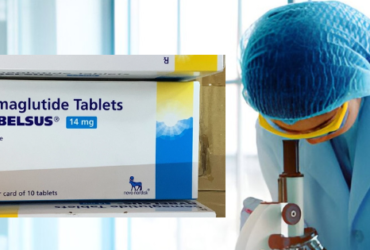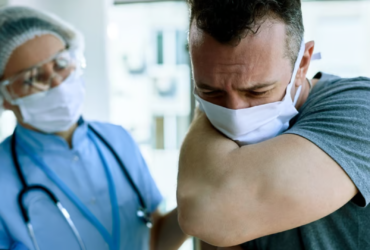- Your cart is empty
- Continue Shopping
Important Things to Know While Taking COVID-19 Treatment
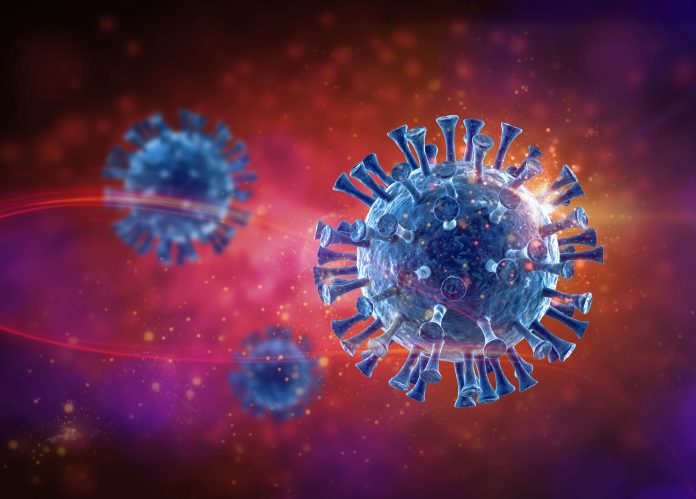
Understanding COVID-19 Symptoms
Early Symptoms
Diarrhea
In some COVID19 cases, it can lead to severe illness. If you or a loved one experience any of the following symptoms, seek emergency medical attention immediately:
Trouble breathing
Persistent pain or pressure in the chest
New confusion
Inability to wake or stay awake
Bluish lips or face
Treatment Protocols for COVID-19: Important Things to Know While Taking COVID-19 Treatment
Isolation
Stay in a separate room away from other household members and use a separate bathroom if possible.
Rest and Hydration
Get plenty of rest and stay hydrated. Drinking fluids helps to prevent dehydration, which is common with fever and respiratory illnesses.
Over-the-Counter Medications
Important Things to Know While Taking COVID-19 Treatment
Medical Treatments
Common treatments include: Important Things to Know While Taking COVID-19 Treatment
Antiviral Medications
Medications such as remdesivir have been approved for the treatment of COVID-19 in hospitalized patients.
Monoclonal Antibodies
These are laboratory-made molecules that can mimic the immune system’s ability to fight off harmful pathogens like viruses.
They are used for treating mild to moderate COVID-19 in patients at high risk of developing severe disease.
Steroids
Corticosteroids like dexamethasone have been shown to reduce mortality in severe COVID-19 cases by decreasing inflammation.
In critical cases, mechanical ventilation or extracorporeal membrane oxygenation (ECMO) may be necessary to support lung function.
Medications and Therapies: Important Things to Know While Taking COVID-19 Treatment
Antivirals
Antiviral drugs are designed to inhibit the replication of viruses. For COVID-19, remdesivir has been approved for use in certain patients.
It is generally typically administered intravenously in a hospital setting. Other antiviral drugs are under investigation and may become available as more research is conducted.
Monoclonal Antibodies
Monoclonal antibodies can neutralize the virus and are used to prevent the progression of COVID-19 in high-risk patients.
Monoclonal antibodies are most effective when monitored early in during the course of the infection.
Treatments like bamlanivimab and casirivimab/imdevimab have received emergency use authorization (EUA) from the FDA.
Steroids
Steroids like dexamethasone are used to reduce inflammation in severe cases of COVID-19.
They are particularly beneficial for patients who require supplemental oxygen or mechanical ventilation.
The use of steroids should be closely monitored by healthcare providers due to potential side effects.
Other Treatments
Other treatments under investigation include immunomodulators, anticoagulants to prevent blood clots, and vitamins and supplements such as vitamin D and zinc.
It’s important to consult with healthcare providers before starting any new treatment or supplement.
Isolation is critical to prevent the spread of COVID-19 to other household members and the community. Key practices include:
Keep yourself in a separate room & use a separate bathroom also.
carefully use personal household items like dishes, towels, and bedding.
Wear a mask when around others and practice good hand hygiene.
In critical condition it’s important to monitor your symptoms and seek medical advice.
Keeping a symptom diary can help track changes and provide useful information to healthcare providers.
Engaging in activities you enjoy, such as reading, watching movies, or hobbies.
Practicing relaxation techniques like deep breathing, meditation, or gentle exercise.
I Needed take support from mental health professionals.
Preventive Measures: Important Things to Know While Taking COVID-19 Treatment
Their is no doubt Vaccination is very effective ways to prevent COVID-19. Vaccines have been shown to reduce the risk of infection, severe illness, and hospitalization.
It’s important to stay up-to-date with the recommended vaccine doses and boosters.
Hygiene Practices
Good hygiene practices are essential to prevent the spread of COVID-19. These include:
Washing hands frequently with soap and water for at least 20 seconds.
Using hand sanitizer with at least 60% alcohol when soap and water are not available.
Avoiding touching your especially your eyes, face, nose & mouth.
Social Distancing
Maintaining physical distance from others, especially in crowded or enclosed spaces, reduces the risk of virus transmission.
Follow local guidelines regarding social distancing and avoid large gatherings.
Make sure your mask covers both your Mouth & nose and fits snugly against the both sides of your face.
Maintaining a healthy lifestyle can strengthen your immune system and improve overall wellbeing. This includes:
Staying physically active through regular exercise.
Getting adequate sleep and managing stress.
Conclusion: Important Things to Know While Taking COVID-19 Treatment
FAQ: Important Things to Know While Taking COVID-19 Treatment
1.What should I do if I suspect I have COVID-19?
If you suspect you have COVID-19, self-isolate immediately and get tested. Contact your healthcare provider for guidance on managing your symptoms and follow local public health guidelines.
2. How can I prevent the spread of COVID-19 in my household?
Isolate yourself in a separate room, use a separate bathroom if possible, and avoid sharing personal items. Practice good hand hygiene, wear a mask when around others, and clean high-touch surfaces regularly.
3. What over-the-counter medications can I take for COVID-19 symptoms?
Over-the-counter medications like acetaminophen (Tylenol) or ibuprofen (Advil) can help manage fever, body aches, and headaches. Always follow the dosage instructions on the label.
4.When should I seek emergency medical attention for COVID-19?
Seek emergency medical attention if you experience severe symptoms such as trouble breathing, persistent chest pain or pressure, new confusion, inability to wake or stay awake, or bluish lips or face.
5. Are there any approved treatments for COVID-19?
These treatments are typically used in hospitalized patients or those at high risk of severe disease.
6. How can I support my mental health while isolating?
7. What preventive measures can I take to avoid getting COVID-19?


